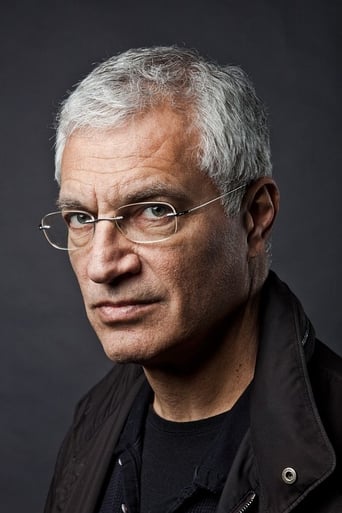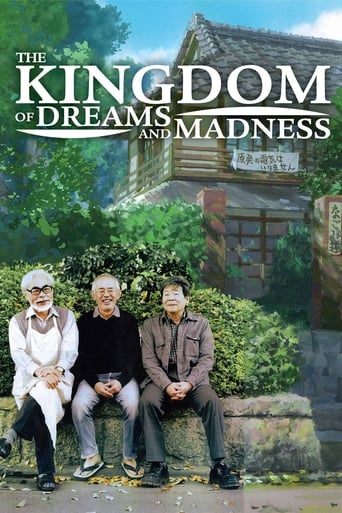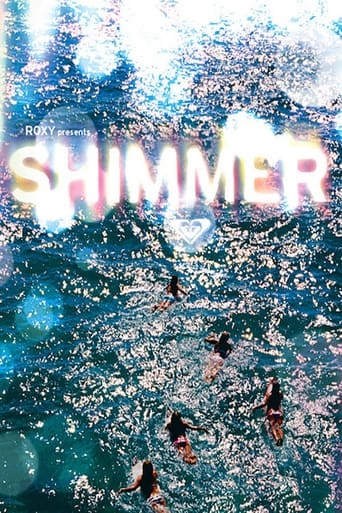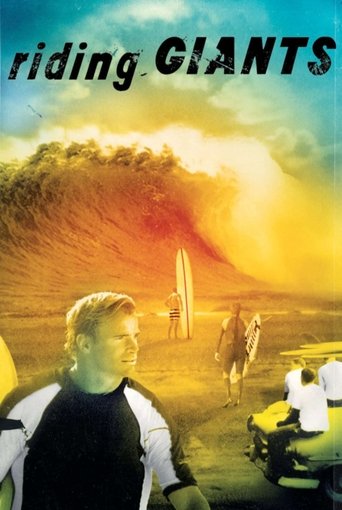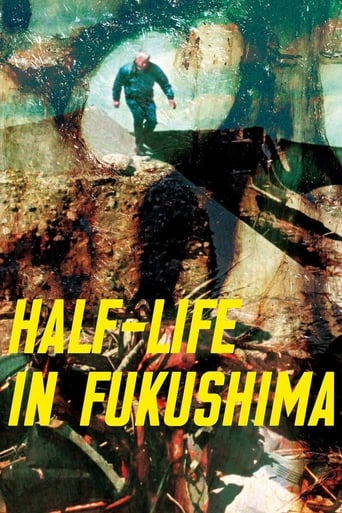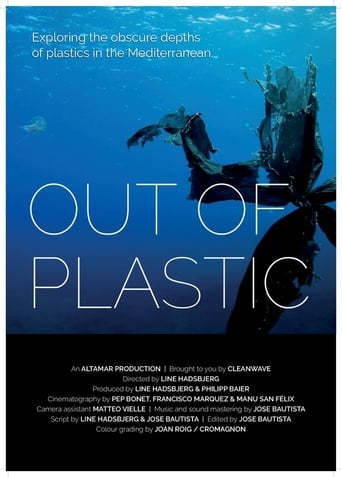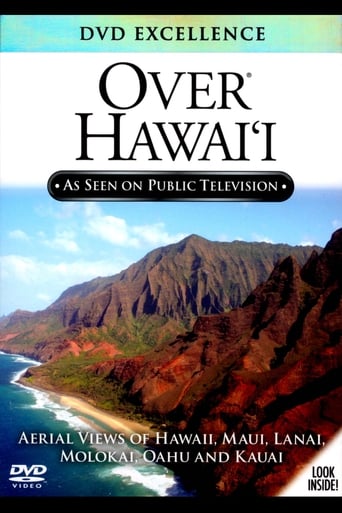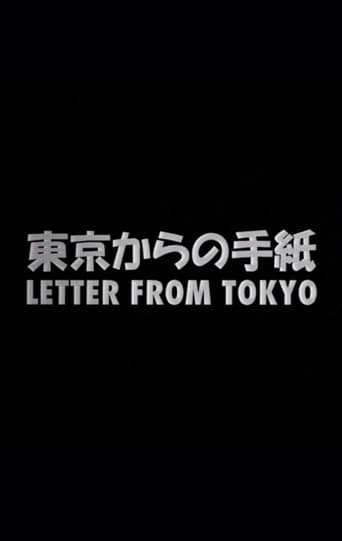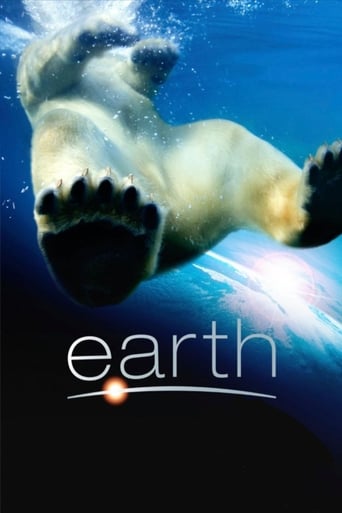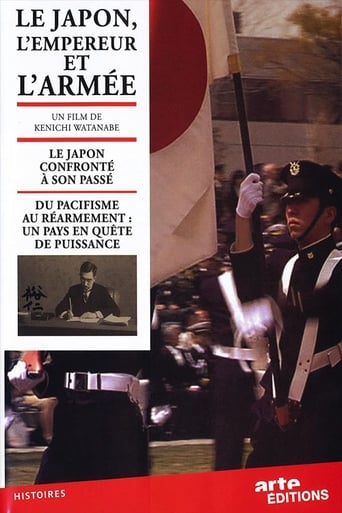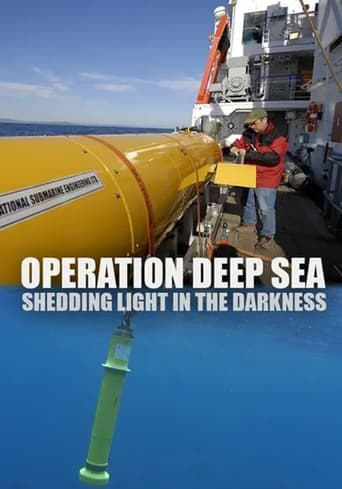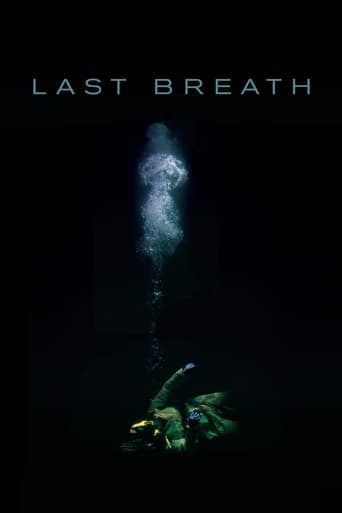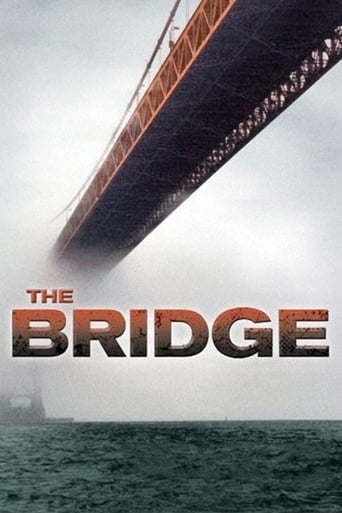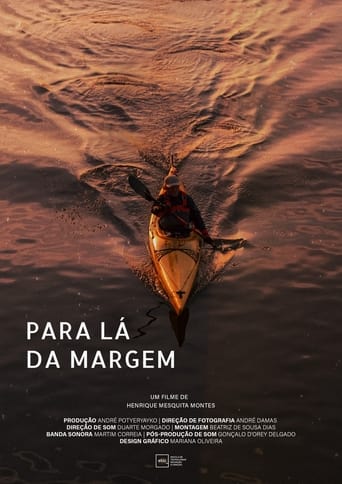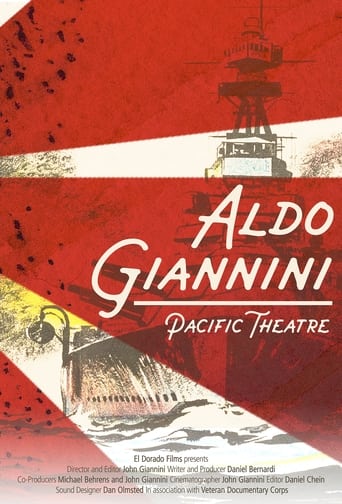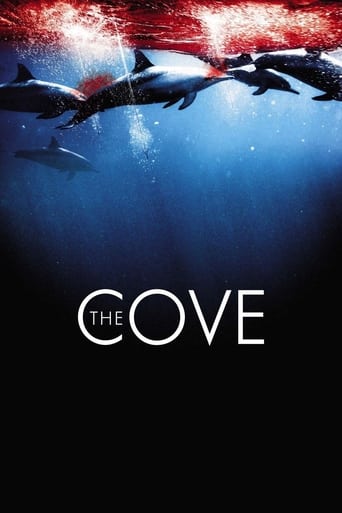
The Cove (2009)
The Cove tells the amazing true story of how an elite team of individuals, films makers and free divers embarked on a covert mission to penetrate the hidden cove in Japan, shining light on a dark and deadly secret. The shocking discoveries were only the tip of the iceberg.
- Louie Psihoyos
- Mark Monroe
Rating: 7.93/10 by 595 users
Alternative Title:
Скритият залив - BG
A Enseada - BR
Meren salaisuus - FI
La baie de la honte - FR
O kolpos ton delfinion - GR
Uvala - HR
Az öböl - HU
La baia dove muoiono i delfini - IT
Za kôvu - JP
Zatoka delfinów - PL
Koy - TR
The Cove - ES
Country:
United States of America
Language:
English
Runtime: 01 hour 32 minutes
Budget: $0
Revenue: $1,162,422
Plot Keyword: dying and death, japan, suffering, ocean, dolphin, nationalism, whaling, expose, fishing boat, activist, cove
In Japan, there is a small town called Taiji. In Taiji, there is a place called the Cove. It is a secret place, a place where 23,000 dolphins are killed every year. The dolphins are not just killed, they are in fact slaughtered in the most brutal way imaginable. And all this without anyone really knowing that it goes on. I've heard of dolphins being killed in the nets when they catch tuna, but I've never thought that people actually hunted down dolphins as a source of food. Dolphins, like any whale really, seem a bit too majestic and mysterious to just slaughter like pigs and cows, at least to me. And if this movie is to be believed, they can also be quite dangerous to eat, as they contain a high amount of mercury. This movie is a documentary, focused around a signle event, where we actually see the slaughter of the dolphins. We see how the crew set up the cameras in the middle of the night, as well as how they scout out the area and plan the entire event. But more interesting than all that, we also meet Ric O'berry, one of the original actors and trainers from the tv show Flipper, who has now devoted his life to stopping the killing and abuse of dolphins. Being part of Flipper, and the one who actually caught the dolphins to appear on that show, he feels personal responsible for starting this whole mess. Of course, it would most likely have happened anyways, but we feel his pain. As a documentary, this is really well made. It is constructed much like a movie, but doesn't become too emotional, except at the very end, where we see Ric telling his story to the world, silently and with a screen on his belly. _Last words... I am not a big dolphin lover or anything, but this movie still got to me by the end, because... this seems so pointless. I dont think the dolphins are in any danger of being extinct anytime soon, but still, these creatures are mysterious and might have something to teach us, and for that, they deserve to be treated differently._
There is something pretty harrowing about this documentary and it's definitely not for the squeamish. It follows a clandestine investigation by some American conservationists who suspect that a remote cove near the Japanese town of Taiji is being used by local fisherman to kettle and then slaughter hundreds of dolphins. Facing the hostility of the locals and the authorities, the team are determined to capture video evidence of this atrocity and so using state of the art technology and quite a bit of legerdemain, they attempt to infiltrate the highly secure locale to obtain it. In the course of their planning, we are made aware of the role the International Whaling Commission has in policing the fishing of cetaceans around the world, and plausible assertions are made that Japan is using financial and economic muscle to attract new members to it's fold so they can have it's long-term bans reversed or a least modified. We are also advised of the dangers of mercury within the food chain, and of the dangers of consuming dolphin meat as children - frequently when it is ill-defined on the packaging and/or disguised as something else. There's fairly clear complicity from the authorities demonstrated here, usually presented in the name of tradition and to an extent this documentary rather sneers at that. These are centuries-old fishing communities that quite possibly have always fished like this. That's not to excuse their current, brutal, practices - but what this does lack is a little of the historical context in which these fishermen behave and which might possibly explain some of their government's broader strategy in a nation that looks, like many other island nations, to the sea for the bulk of it's food. At times it uses the imagery as a bit of a blunt instrument to make a point that would also benefit from augmentation by debate. It's thought provoking and well worth a watch, but maybe just a little too simplistic in it's broad-brush philosophy.




